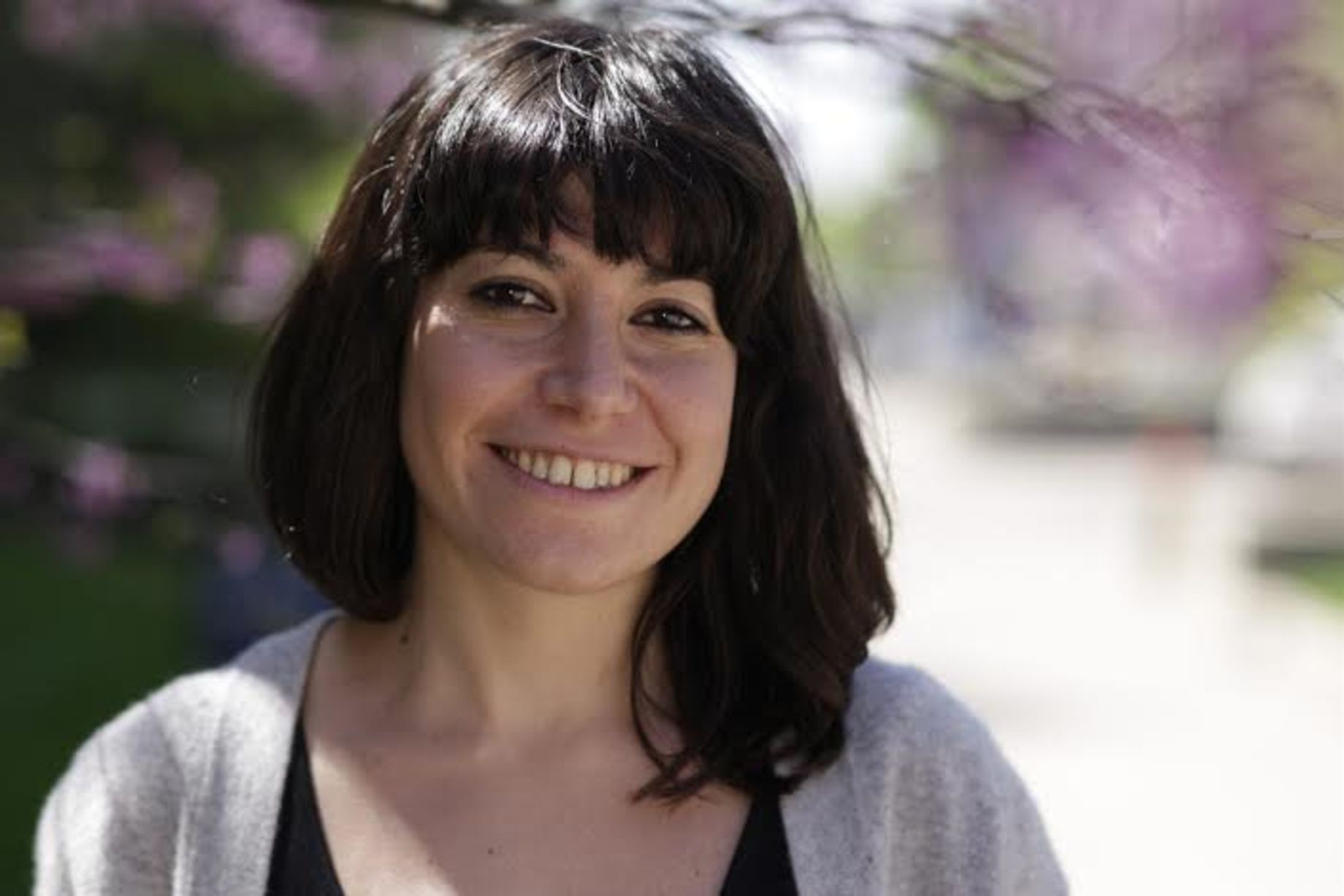Global Mental Health at the Periphery: A Social History of Psychiatry, Humanitarianism and Violence in Lebanon (1860-2012)
The project examines the history and development of modern psychiatry in Lebanon, starting from the first humanitarian intervention in Ottoman Syria in 1860—and the foundation of the first psychiatric institution Ottoman Lebanon and the Levant in 1900—to the present day. The project looks at the entanglements between humanitarianism and psychiatric science as two projects of the modernization and rehabilitation of subjects in the Middle East. Lebanon represents a powerful case for how both of these projects unfolded to produce new forms of therapeutic subjects in Lebanon, especially with regards to violence and war. More specifically, the project looks at 1) psychiatric reforms in late-19th-century Lebanon; 2) how modern psychiatry classified and diagnosed various social transformations in 20th-century Lebanon and 3) how humanitarianism psychologized violence and war, creating new forms of therapeutic subjects in Lebanon. Deeply committed to a multidisciplinary approach, Moghnieh situates her project at the intersection of critical medical anthropology, the history of science and society and Middle East History. The book is a mixture of ethnography, archival research and interviews with psychiatrists in Lebanon. Its archival research is based on collected records of the Lebanon Hospital for Mental and Nervous Disorders—popularly known as Asfourieyh hospital (1901-82), scientific journals and various magazines.


